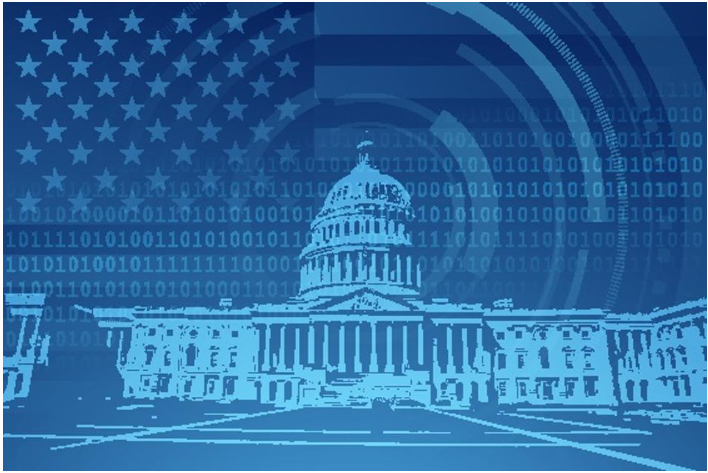
Are state-level AI hiring laws about to be wiped out? A new federal proposal may soon override dozens of local regulations. The focus keyword here is Congressional Budget Bill could override state AI laws, and it’s sparking intense debate across legal, business, and tech circles.
On May 22, the U.S. House passed the “One Big Beautiful Bill Act” (OBBBA), which includes Section 43201—a sweeping provision that would block state and local governments from regulating AI in employment decisions for the next 10 years. If it becomes law, it would immediately preempt some of the nation’s most progressive AI employment rules.
What the AI Moratorium Means for States and Employers
Section 43201 would stop states and cities from enforcing laws that govern artificial intelligence systems or automated decision-making tools. This means local regulations like New York City’s Local Law 144, Illinois’ AI Video Interview Act, and Colorado’s AI Act could be frozen in place.
The bill defines AI systems broadly—as any machine-based process that influences decisions. This includes everything from resume screening software and video interview scoring tools to employee productivity trackers. For employers, the moratorium could simplify compliance, but it also removes guardrails designed to prevent bias and promote transparency.
Limited Exceptions, Broad Impact
While the moratorium allows narrow exceptions—for instance, laws that apply equally to both AI and non-AI tools—it won’t protect most current state-level employment AI rules. Laws focused specifically on AI audits, transparency, and data handling would be blocked.
This puts many pending bills at risk too. In 2025 alone, dozens of AI-related laws were introduced in state legislatures. If Section 43201 is passed, these efforts could be halted before they even take effect. Critics argue the move undermines state authority and hampers innovation in responsible AI governance.
What Employers Should Do Right Now
Until the Senate votes, state laws still apply. Employers should continue to comply with existing requirements like bias audits and disclosure rules. But they should also prepare for a potential regulatory reset. That means:
Reviewing how AI tools are used in hiring and workforce management
Continuing ethical AI practices, even if not legally required
Ensuring alignment with federal discrimination laws like Title VII
Updating contracts with vendors providing AI-based systems
Even if state laws are paused, legal risk remains. Employers are still liable for discriminatory outcomes, and AI doesn’t eliminate that responsibility.
